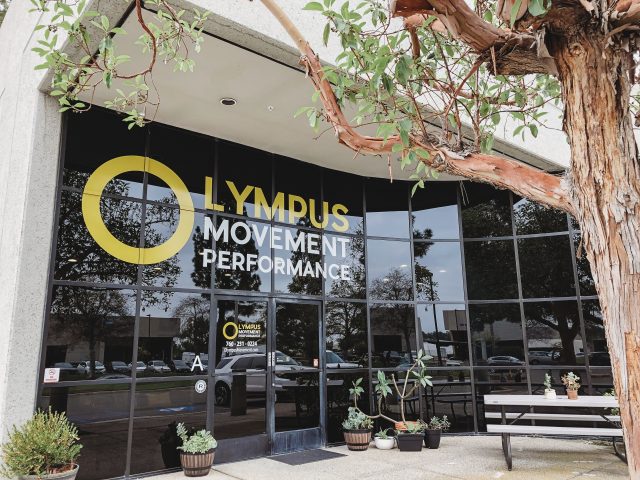Valuable information from Olympus Movement Performance Over the course of a few weeks, we will be diving into the topic of Concussions. What is a
Valuable information from Olympus Movement Performance
Over the course of a few weeks, we will be diving into the topic of Concussions. What is a concussion, baseline concussion testing, myths about concussions, can we treat a concussion, acute concussion recommendations, etc. Today we will try to understand concussions and discuss Baseline Concussion Testing.
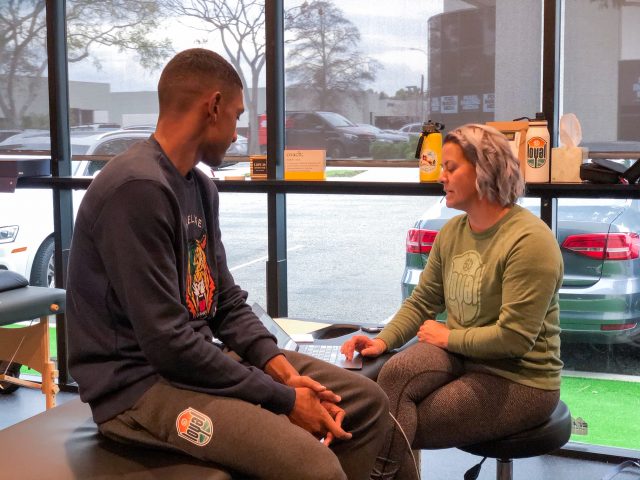
Understanding Concussions
It is still widely thought that a concussion is the brain bashing up against the inside of the skull, and then bouncing back and hitting the back part of the skull, causing bruising of the outer surface of the brain. While this may happen to a slight extent, it is now known that a concussion injury is more so due to a stretching of the nerve cells within the brain.
This stretching or sheering of nerve cells causes them to fire, basically tricking the nerves into thinking it has received a signal. Nerve firing is a normal process, in order for us to speak or move our hands there is a network of nerves from our brain that fire to cause these actions, however with a concussion, there are millions of nerves all firing at the same time. This is generally too much for the brain to handle and will result in the typical immediate symptoms like confusion, loss of balance or coordination, loss of memory, seizures, loss of consciousness, etc.
Now these symptoms will generally go away rather quickly (within a few minutes to hours), however it is important the athlete remains out of the game as this is only the first phase, the second phase is coming and this is the part that is actually the most dangerous.
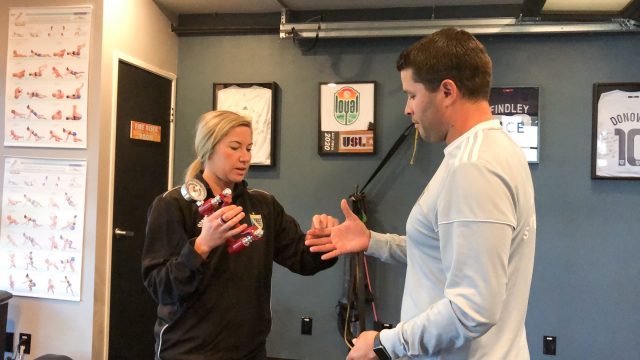
All of this nerve firing that happens initially burns a TON of energy within the cells of our brains and results in an energy deficiency of the brain. Over the next few hours to days we get this continual drop in our ATP levels and anyone who has either had a concussion or has known someone with a concussion will attest to this but the person will start to feel very fatigued and drowsy, and they will become irritable or emotional and this is due to this drop in energy stores.
A few statistics about concussions
It is estimated that 10-15% of athletes experience concussions every year while playing contact sports!
• 5% of athletes experience concussions according to trainers
• 50% of athletes experience concussions. According to players
• Over 50% of concussions are never reported
• More concussions occur during games than during practice
Sports with the highest concussion rates include Football, Ice Hockey, Rugby, Lacrosse and Soccer.
Acute Concussion Management
• 50% of concussions are never reported
• A helmet can NOT prevent a concussion
• Do NOT allow return to play on the day of a suspected concussion
• Improper management can lead to further issues
• A multi-disciplinary team of care may be needed: physicians, physical therapist, vestibular therapists, athletic trainers, and psychologists just to name a few.
** Red flags: double vision/ severe headache/ seizure or convulsion/ vomiting/ prolonged loss of consciousness/ bruising around eyes or ears/ burning in arms or legs/ increased confusion => visit to ER
What is Concussion Baseline Testing and who should take a concussion baseline test?
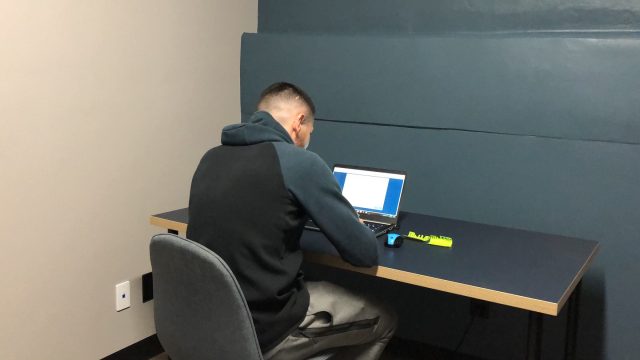
A baseline test measures brain function in a HEALTHY state. It includes a set of neurocognitive tests that measures visual and verbal memory, reaction time, and processing speed, on a computer. Baseline testing is recommended to be completed annually to ensure an up-to-date record of a patient’s normal functioning. Once a baseline score is collected, a post-injury test can also be conducted to manage and assess when an athlete can safely return to activity.
The test can be administered to athletes as young as 12 years old. Having a baseline test may mean a safer return to play! It is recommended that a baseline concussion test is administered before a contact sport season begins.
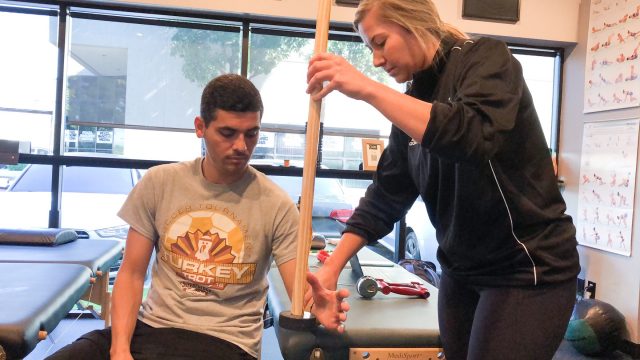
Where can we get a Concussion Baseline Test?
Complete Concussion Management is a trusted leader in concussion education. CCMI analyzes leading research to develop best-in-class approaches to concussion care. Their evidence-based training programs and integrated healthcare technologies empower multidisciplinary teams to implement standardized care for those impacted by concussions. Their network and patient database enables large-scale research to advance concussion management, and ultimately, the long-term health and well-being of concussion patients. To find a trusted Complete Concussion Management clinic, visit https://completeconcussions.com/find-a-clinic/
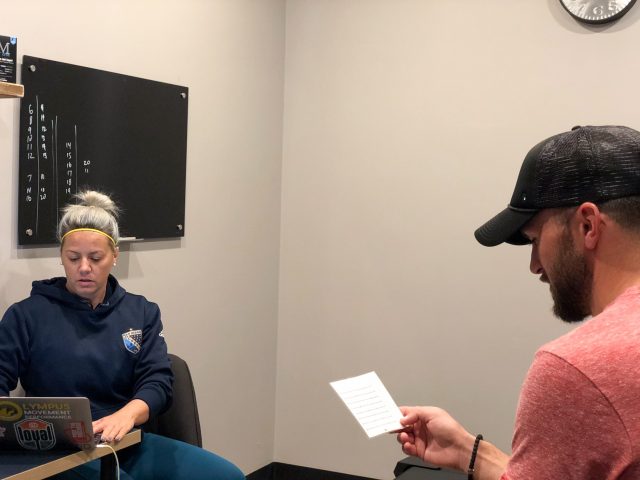
When in doubt, sit them out!
Olympus Movement Performance is a trusted Concussion Management clinic.
